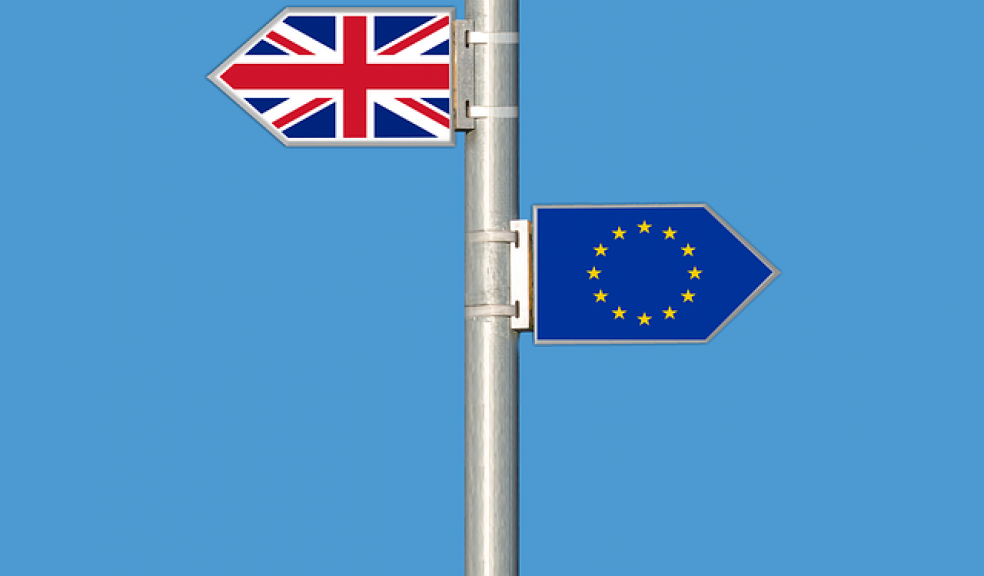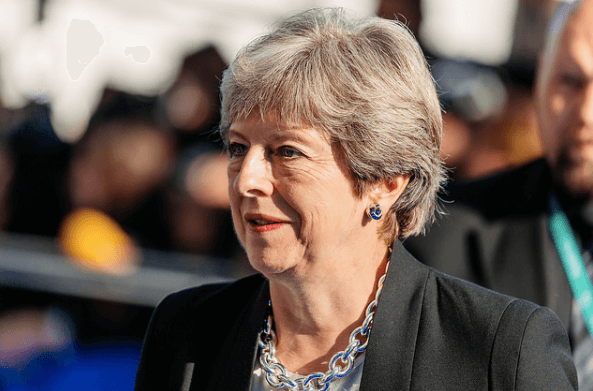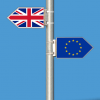
How will Brexit affect the Forex Markets?
The Brexit vote was an unprecedented outcome for the people of the United Kingdom. More people than ever came out to vote on the UK’s future relationship with the European Union (EU) with a four per cent majority deeming that the UK should leave the EU and chart its own course – despite Exeter voting to remain by a ten per cent majority. Negotiations regarding the terms of Brexit are reaching a climax, with Prime Minister, Theresa May confirming that 95% of the withdrawal agreement has now been completed. So, with the UK set to depart the EU in less than half a year, what effect is Brexit likely to have on the forex markets?
We all know that the value of pound sterling (GBP) fell dramatically after the Brexit vote was officially announced in June 2016, but what are the prospects for GBP in the months leading up to the UK’s official departure and beyond into the transition period? Recent discussion surrounding the Northern Ireland “backstop” arrangement with the EU has dominated the news headlines. If reports are to be believed, the EU is preparing to offer a UK-wide bespoke customs union to circumvent the Irish border problem and protect the Good Friday Agreement.
GBP gained more than 0.5% on the US dollar and the euro on the news that EU negotiators were readying to promise a UK-wide customs union. If the UK government can secure a deal which protects jobs nationwide and maintains frictionless trade between UK and EU borders, there is no doubt that GBP will strengthen further in the forex markets. On the flip-side, a no-deal Brexit could have severe consequences on the price of GBP. Forcing the UK to operate with EU nations under WTO rules would cause significant disruption from the outset, weakening the economy – at least in the short-term.
There will be several other mitigating factors that will affect the GBP in the forex markets. Inflation i.e. the cost of living is another important factor. Declining inflation figures ease the pressure on the Bank of England to increase interest rates. However, low interest rates often act as a deterrent to securing foreign investment, effectively putting a glass ceiling on GBP’s relative value. Unemployment levels and GDP growth will also have a bearing on the value of GBP in the forex markets and, so far, unemployment has fallen to 4%, its lowest levels since 1975.

"Theresa May" (CC BY 2.0) by EU2017EE
However, the one reason why so few people are willing to buy the pound in the key forex pairs such as GBP/EUR and GBP/USD is due to the political uncertainty on British soil alone. Prime Minister, Theresa May is likely to have difficulty selling her Brexit deal to the House of Commons, with members of her own Conservative Party keen not to be tied to the EU in a customs union to allow for free trade deals to be made with the rest of the world – despite this being the only credible solution to avoiding a hard border between Northern Ireland and the Republic of Ireland.
With some of her own party members and the opposition party of Labour looking unlikely to agree to May’s EU plan, it is still very possible that the UK leaves the EU with no deal agreed.
Therefore, all the pressure on GBP is on the downside, with the strength of the US dollar far more likely to appeal to forex investors at present.















